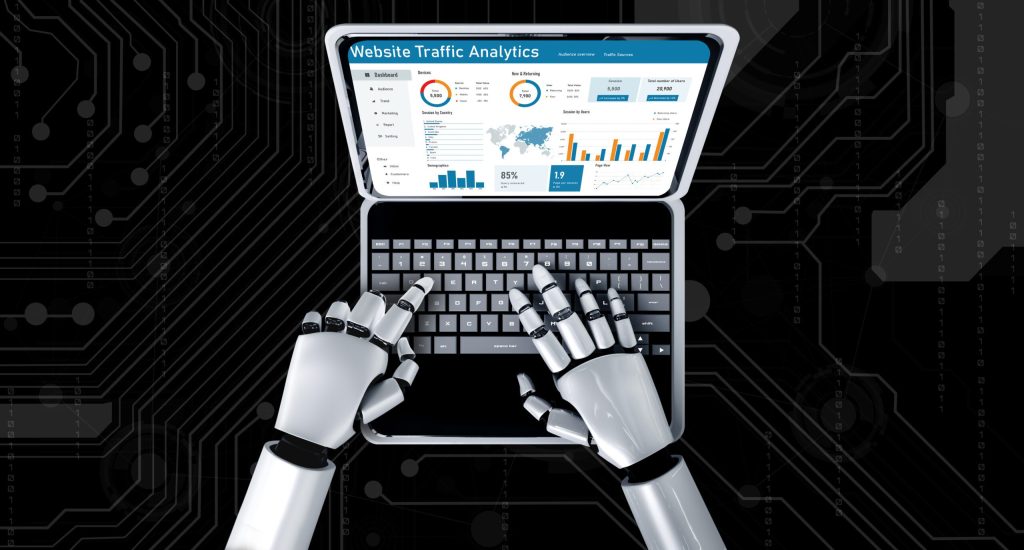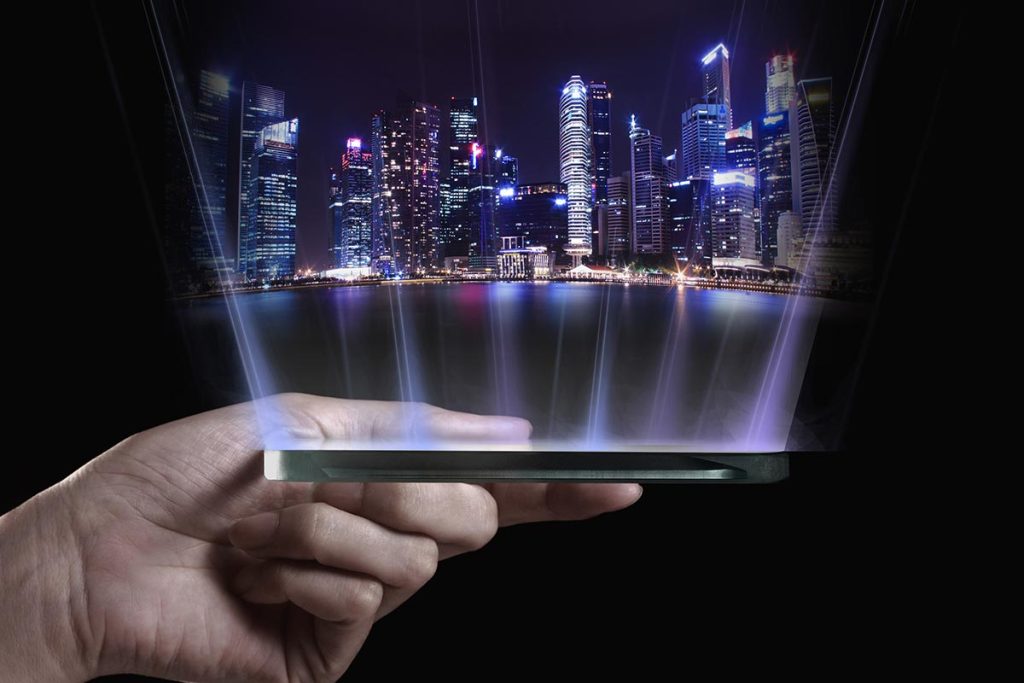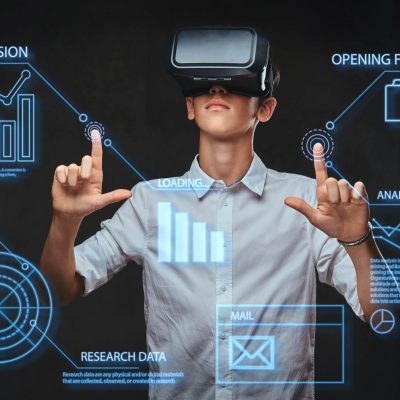Marketing has undergone a radical transformation in the past two decades, evolving from print ads and billboards to data-driven digital experiences tailored for every click, swipe, and tap. At the heart of this revolution is technology—advancing at breakneck speed and reshaping how businesses connect with consumers.
From artificial intelligence and big data to automation and augmented reality, tech-driven marketing is not only changing the tools marketers use but redefining the strategies, ethics, and expectations of engagement. As we move deeper into the digital age, understanding this evolution is critical for businesses that want to remain competitive and relevant.
The Rise of Digital Marketing
The shift toward digital marketing began with the rise of the internet in the late 1990s and early 2000s. Email campaigns, banner ads, and search engine optimization (SEO) started to supplement traditional marketing methods. The real game-changer came with the growth of social media platforms like Facebook, YouTube, and later Instagram, LinkedIn, and TikTok. These platforms gave marketers direct access to global audiences, allowing them to engage users in real time.
Digital marketing allowed for something traditional marketing couldn’t offer: measurability. Marketers could track views, clicks, conversions, and ROI with precision, enabling data-driven decision-making that was never possible before.
Key Technologies Driving Modern Marketing
As we enter 2025, a wide range of technologies are revolutionizing marketing practices. Here are some of the most impactful:
1. Artificial Intelligence (AI) and Machine Learning
AI is arguably the most transformative force in marketing today. Through machine learning algorithms, AI can:
-
Personalize content recommendations (like those seen on Netflix or Amazon).
-
Predict customer behavior and buying patterns.
-
Power chatbots that handle customer service 24/7.
-
Automate campaign optimization in real time.
AI also fuels predictive analytics, helping marketers understand what consumers might do next based on past behavior—improving campaign targeting and efficiency.
2. Big Data and Customer Insights
Every digital interaction generates data. From website visits and social media likes to purchase histories and customer feedback, brands now have access to a massive amount of information.
The challenge is interpreting that data effectively. Using customer relationship management (CRM) tools, marketers can now segment audiences, build detailed personas, and design hyper-targeted campaigns that feel personal—even at scale.
3. Marketing Automation

Marketing automation tools like HubSpot, Mailchimp, and Salesforce enable businesses to schedule and manage email campaigns, lead nurturing, and social media posts automatically. This saves time and ensures that the right message reaches the right person at the right time.
Automation also allows for dynamic content, where different users see different messages or offers based on their interests, behaviors, or location.
4. Voice Search and Smart Assistants
With the rise of smart speakers like Amazon Alexa, Google Assistant, and Apple’s Siri, voice search has become a major frontier. Businesses are now optimizing content for voice queries, which are typically longer and more conversational.
Voice-based marketing includes:
-
Optimizing SEO for spoken phrases.
-
Developing branded voice skills or actions.
-
Creating audio content like podcasts or ads tailored for smart devices.
5. Augmented Reality (AR) and Virtual Reality (VR)
AR and VR allow consumers to experience products or environments in immersive ways. Retailers use AR to let customers “try on” clothes or visualize furniture in their homes before buying.
Examples:
-
IKEA’s app allows users to place virtual furniture in their room using a smartphone.
-
Sephora’s AR mirror lets users try makeup virtually.
These technologies create highly engaging experiences that can reduce hesitation and increase conversion.
6. Blockchain in Marketing
Though still in early stages, blockchain offers promising marketing applications:
-
Transparency in digital advertising (reducing ad fraud).
-
Decentralized data management to enhance consumer privacy.
-
Smart contracts for influencer partnerships and affiliate tracking.
As privacy becomes a greater concern, blockchain could provide a secure, transparent way for users to control how their data is used.
Personalized Marketing in the Age of Privacy
Personalization has become the gold standard in marketing—consumers expect brands to understand their preferences and deliver relevant experiences. But with personalization comes a trade-off: data privacy.
Scandals like Cambridge Analytica and increasing regulations such as GDPR (Europe) and CCPA (California) have placed data privacy at the forefront. Companies must now walk a fine line between personalization and intrusion.
The solution? Ethical data collection. This means:
-
Being transparent about how data is used.
-
Giving users control over what they share.
-
Using zero-party data (information a customer willingly provides).
Marketers who prioritize consent and trust will stand out in a landscape where consumers are increasingly cautious.
Content Marketing in the Tech Era
Great content remains the foundation of effective marketing. But technology has changed how content is created, distributed, and consumed.
AI tools like ChatGPT and Jasper are helping marketers generate content ideas, write ad copy, and even produce articles or product descriptions at scale. Meanwhile, video content—particularly short-form video on TikTok, Instagram Reels, and YouTube Shorts—continues to dominate engagement metrics.
Smart content marketers are:
-
Leveraging AI for efficiency, not replacement.
-
Using analytics to refine their message.
-
Creating platform-specific content strategies.
The Social Media Marketing Evolution
Social media remains a dominant marketing channel—but it’s evolving rapidly. Algorithms change, platforms rise and fall, and consumer preferences shift constantly.
Current trends include:
-
Authenticity over perfection: Raw, relatable content now performs better than highly polished ads.
-
Influencer partnerships: Micro- and nano-influencers are delivering high ROI due to strong audience trust.
-
Social commerce: Direct purchasing through platforms like Instagram and TikTok is reducing friction and increasing impulse buys.
Marketers must adapt quickly, experiment constantly, and prioritize engagement over vanity metrics.
The Future: Human-Centric Marketing in a High-Tech World

The irony of tech-driven marketing is that the most successful campaigns often feel deeply human. People want connection, not just convenience. They want stories, not just statistics. While AI, automation, and analytics are powerful tools, they should serve—not replace—the human elements of emotion, creativity, and empathy.
The future of tech marketing lies in integration:
-
Integrating technologies to deliver seamless experiences.
-
Integrating personalization with privacy.
-
Integrating automation with authenticity.
Final Thoughts
Tech-driven marketing is no longer the future—it’s the present. From AI-powered recommendations to immersive virtual experiences, technology is reshaping every touchpoint of the customer journey. Brands that embrace these tools, while staying grounded in empathy and ethical practices, will be the ones that thrive.
For businesses large and small, the challenge isn’t whether to use technology in marketing—it’s how to use it wisely, creatively, and responsibly.
Because at the end of the day, successful marketing is still about understanding people—and now, we have better tools than ever to do just that.






